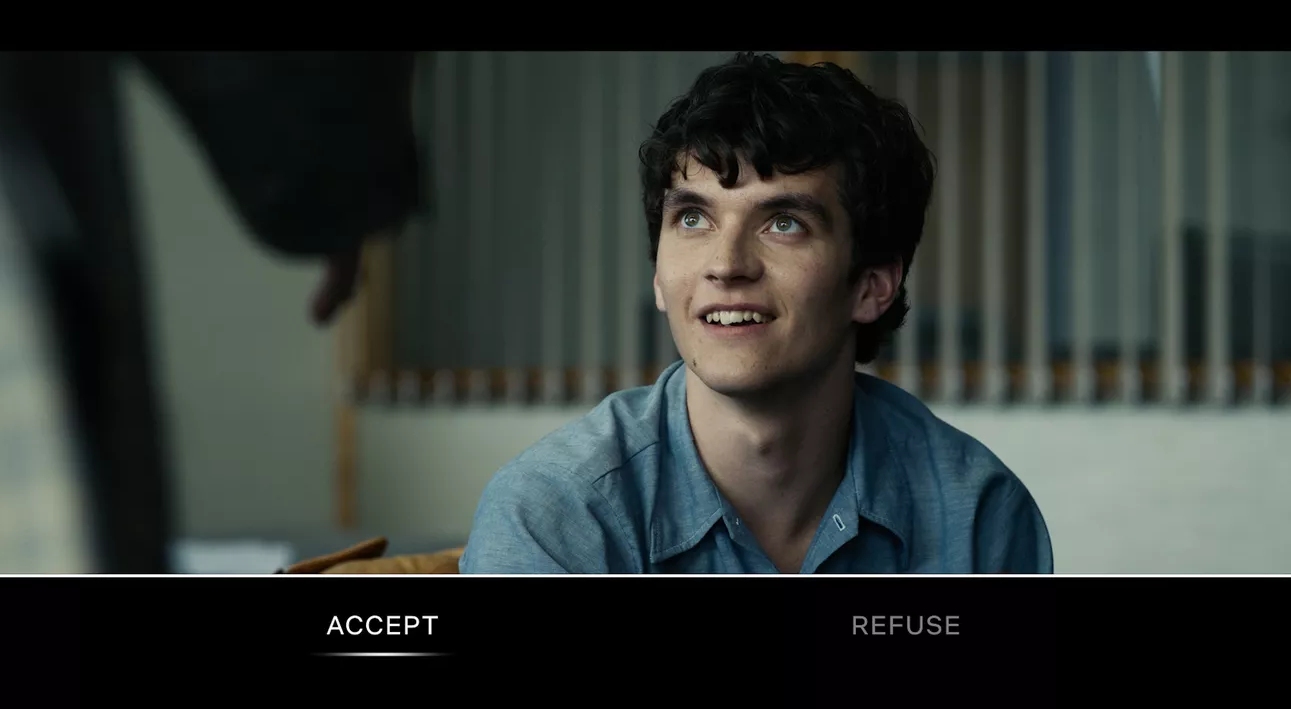Why it matters: Black Mirror: Bandersnatch, the recently released interactive film from Netflix, is thought by some to represent the next era of storytelling. Others view it as little more than a potentially short-lived gimmick. Regardless of what the future holds for interactive content, Bandersnatch is a fascinating experiment with unprecedented depth that reveals itself as you peel back the layers.
As The Verge recently highlighted, interactive content like Bandersnatch has its pros. It's more difficult to pirate than traditional movies or TV shows, for example, and its puzzle-like nature will no doubt boost engagement. More importantly, however, is the gold mine of data waiting to be harvested.
By analyzing viewer choices during the show, Netflix can create a highly targeted profile that'd no doubt be valuable to marketers. Seemingly mindless decisions - like choosing which cereal the protagonist should have for breakfast - could provide marketers with the type of insight and feedback they only dream about. Other decisions that are more instrumental to the storyline can provide Netflix with information about what a viewer wants out of a story, insight that can be used in the production of future episodes.
Advanced product placement could also play a significant role and serve as yet another revenue stream for Netflix.

Are these benefits enough to outweigh the format's shortcomings?
For one, interactive shows are much more expensive to produce. There's also the concern of complicated narratives introducing more opportunities for plot holes and longer hours for all members of the production staff, from actors to editors.
Ultimately, it'll be up to consumers to decide if the format sticks around. We've seen plenty of promising advancements fall off the map due to low user engagement. Will interactive storytelling flop before it fully takes flight?
Lead image courtesy Paul Fleet via Shutterstock
